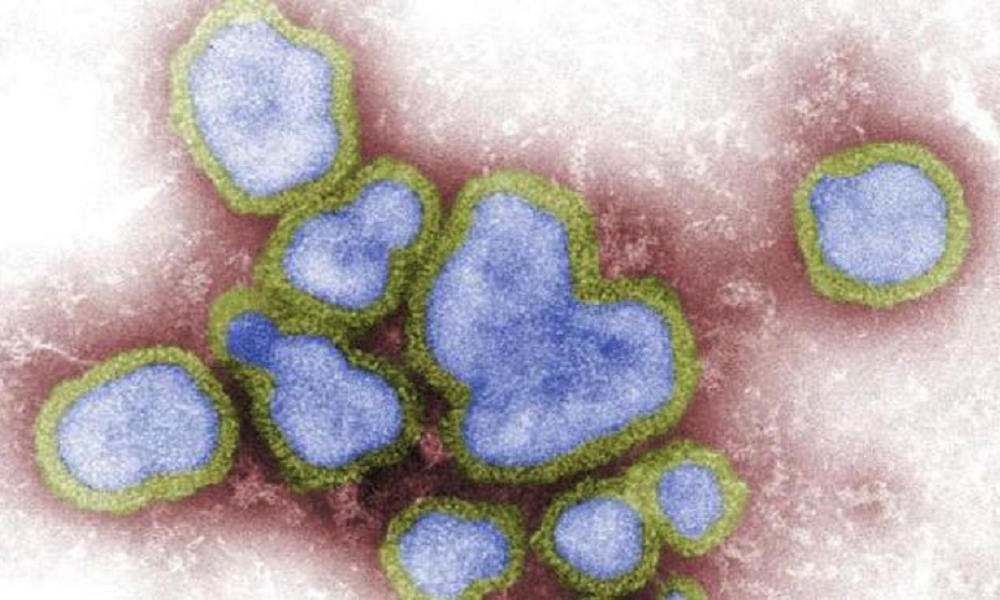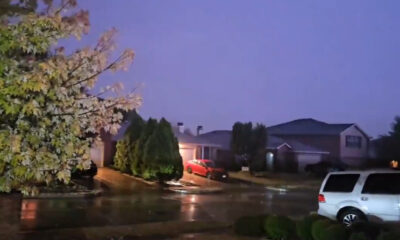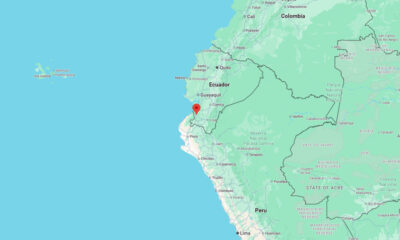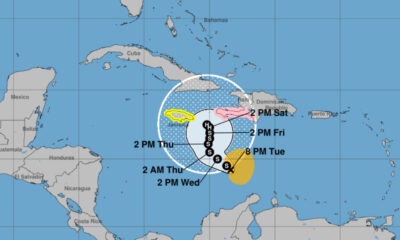World
Cambodia reports 3rd human case of H5N1 bird flu

A 9-year-old boy has died after being infected with H5N1 bird flu in Cambodia, the health ministry reported on Friday, making it the third case in the country in just two weeks.
The young boy, from a village near Kratié in eastern Cambodia, developed symptoms after 5 chickens and 3 ducks at his home died. The ducks were also cooked and consumed by the family.
The child tested positive for H5N1 bird flu on Thursday, the same day he died. The Ministry of Health announced the case on Friday, the third in just two weeks.
The first two cases – a 3-year-old from Prey Veng and a 69-year-old from Siem Reap – have already recovered. Both had contact with poultry and were infected with an older strain of H5N1, called 2.3.2.1c.
A newer strain of H5N1, 2.3.4.4b, has raised concern due to its global spread and cases in a growing number of mammals. So far, only a limited number of human cases have been reported after contact with infected birds.
“These animal influenza viruses do not easily infect humans, and human-to-human transmission appears to be unusual,” WHO said in a risk assessment. “However, severe disease with high mortality rates can occur as a result of human infection.”
Thirteen human cases of H5N1 were reported worldwide last year, including six cases in Cambodia, where four people died. All cases in Cambodia involved the older variant.

-

 US News10 hours ago
US News10 hours agoJetBlue flight diverts to Tampa after altitude drop injures at least 15
-

 US News6 days ago
US News6 days agoUnwarned tornado suspected in Fort Worth as storms cause damage and power outages
-

 World4 days ago
World4 days agoU.S. Navy helicopter and fighter jet crash in South China Sea; all crew rescued
-

 Legal5 days ago
Legal5 days agoMultiple injured in shooting at Lincoln University in Pennsylvania
-

 World1 week ago
World1 week agoMagnitude 6.1 earthquake strikes Ecuador–Peru border region
-

 World1 week ago
World1 week agoHurricane watch issued for Haiti due to Tropical Storm Melissa
-

 US News1 day ago
US News1 day agoTrump says U.S. will resume nuclear weapons testing ‘on an equal basis’
-

 US News2 days ago
US News2 days agoDamage reported in Kilgore, Texas following tornado warning




